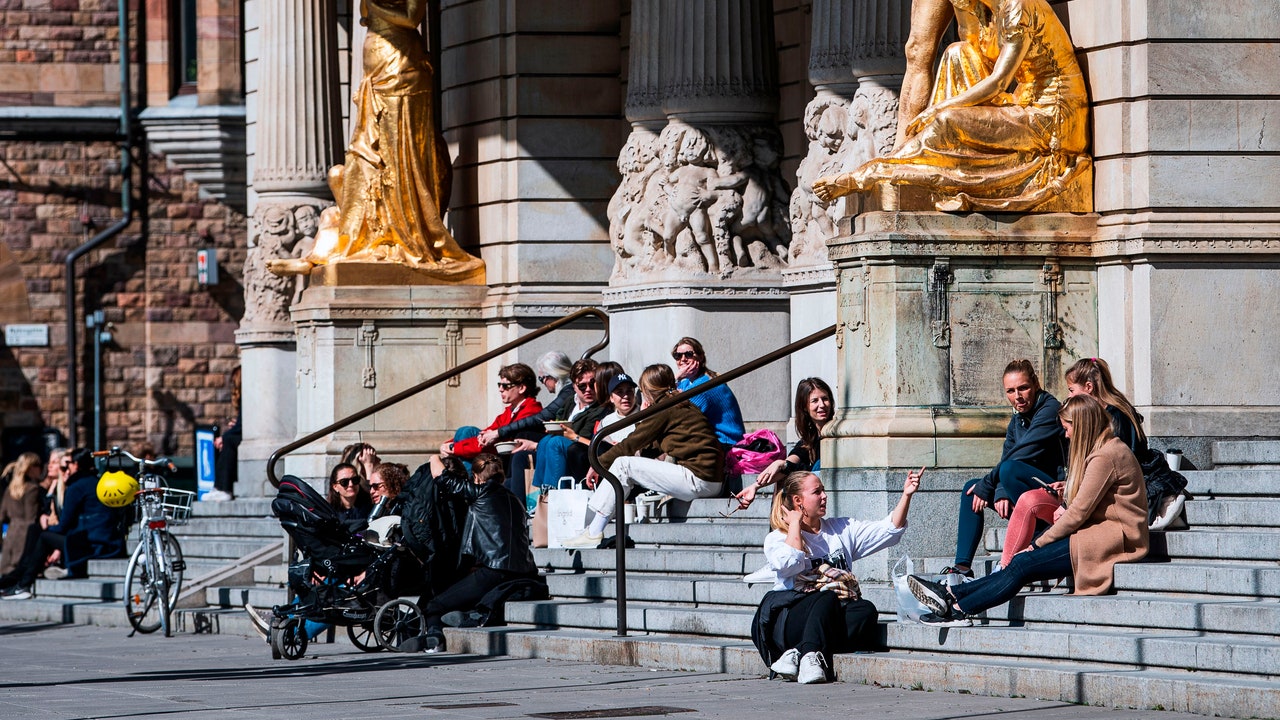B
Benh76
Will be fascinating to see how this develops

 www.vanityfair.com
www.vanityfair.com

Can You Beat COVID-19 Without a Lockdown? Sweden Is Trying
The Swedish experiment is to accept the coronavirus as a problem to be managed, rather than conclusively defeated. But will it mean more deaths?

















